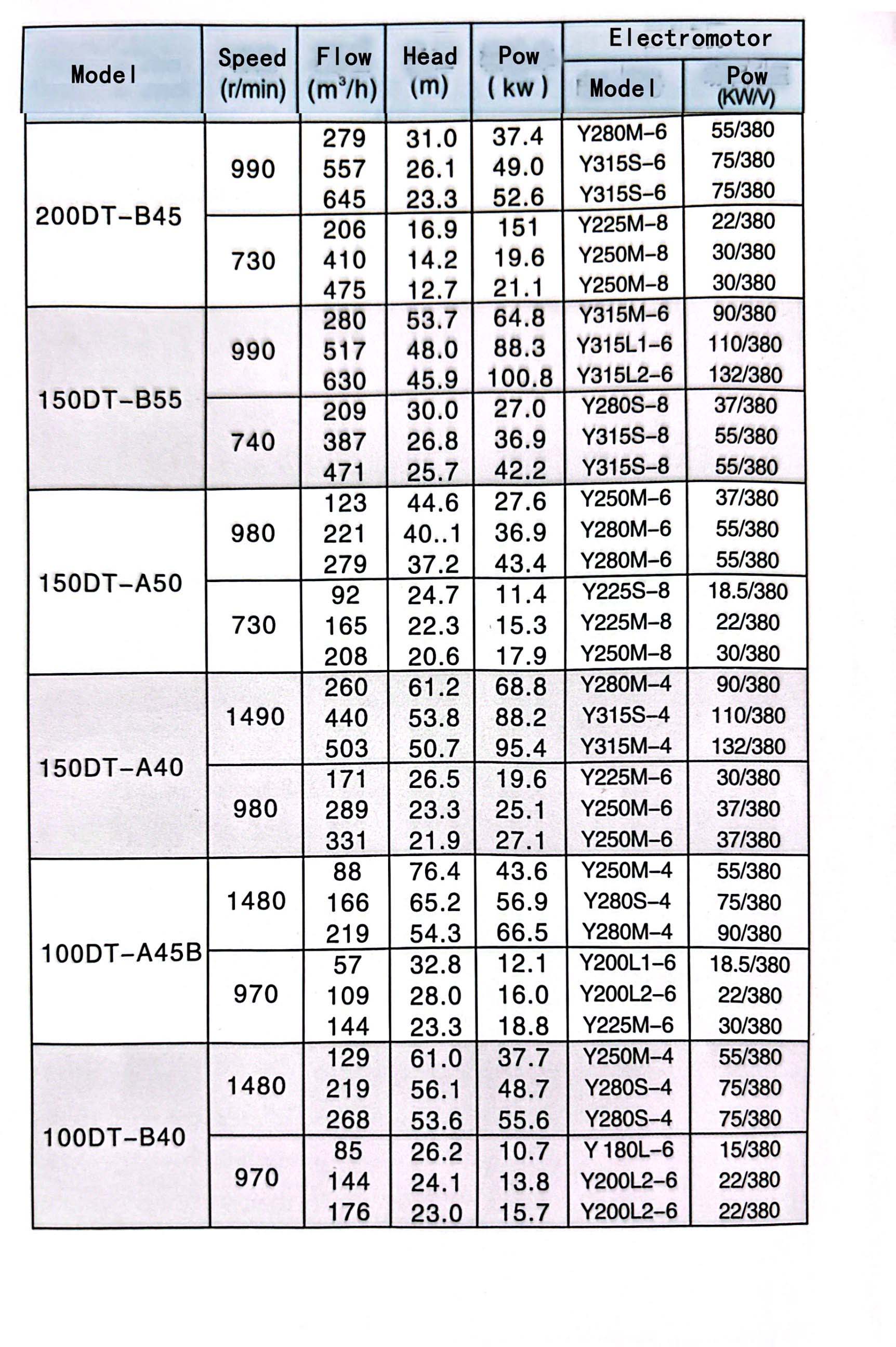English
- Afrikaans
- Albanian
- Amharic
- Arabic
- Armenian
- Azerbaijani
- Basque
- Belarusian
- Bengali
- Bosnian
- Bulgarian
- Catalan
- Cebuano
- Corsican
- Croatian
- Czech
- Danish
- Dutch
- English
- Esperanto
- Estonian
- Finnish
- French
- Frisian
- Galician
- Georgian
- German
- Greek
- Gujarati
- Haitian Creole
- hausa
- hawaiian
- Hebrew
- Hindi
- Miao
- Hungarian
- Icelandic
- igbo
- Indonesian
- irish
- Italian
- Japanese
- Javanese
- Kannada
- kazakh
- Khmer
- Rwandese
- Korean
- Kurdish
- Kyrgyz
- Lao
- Latin
- Latvian
- Lithuanian
- Luxembourgish
- Macedonian
- Malgashi
- Malay
- Malayalam
- Maltese
- Maori
- Marathi
- Mongolian
- Myanmar
- Nepali
- Norwegian
- Norwegian
- Occitan
- Pashto
- Persian
- Polish
- Portuguese
- Punjabi
- Romanian
- Russian
- Samoan
- Scottish Gaelic
- Serbian
- Sesotho
- Shona
- Sindhi
- Sinhala
- Slovak
- Slovenian
- Somali
- Spanish
- Sundanese
- Swahili
- Swedish
- Tagalog
- Tajik
- Tamil
- Tatar
- Telugu
- Thai
- Turkish
- Turkmen
- Ukrainian
- Urdu
- Uighur
- Uzbek
- Vietnamese
- Welsh
- Bantu
- Yiddish
- Yoruba
- Zulu
Telephone: +86 13120555503
Email: frank@cypump.com
Nov . 09, 2024 16:17 Back to list
Pump Installation and Maintenance for Septic Tank Systems Made Easy
Understanding the Role of a Pump in Septic Tank Systems
Septic tanks are an essential component of wastewater management in rural and suburban areas where municipal sewage systems are unavailable. These underground structures treat and dispose of household wastewater through natural processes. However, the efficient functioning of a septic tank is often reliant on a reliable pump, which plays a crucial role in maintaining the overall health of the system.
The Basics of Septic Tank Functionality
Before delving into the importance of pumps in septic systems, it's vital to understand how septic tanks work. Wastewater from your home—containing solids, liquids, and organic matter—flows into the septic tank. Here, solids settle to the bottom, forming a sludge layer, while lighter materials, such as grease, float to the top, creating a scum layer. The middle layer, composed mainly of liquid, exits the tank and enters the drain field for further treatment.
However, not all properties benefit from the natural gravitational flow of wastewater. For homes situated in areas where the soil is not suitable for percolation or where the septic tank is located below the drain field, a pump is necessary to facilitate the movement of wastewater.
The Function of a Pump in Septic Systems
A pump used in septic systems, commonly referred to as a septic effluent pump, is specifically designed to move the liquid wastewater from the septic tank to the leach field or drip irrigation system. The pump ensures that the effluent is distributed evenly and at the correct pressure, allowing for proper filtration and treatment in the soil.
When is a Pump Necessary?
There are various scenarios where a pump becomes an essential part of the septic system
1. Gravity vs. Pumped Systems Properties that are on a slope where gravity will not naturally move the wastewater toward the drain field require a pump. This is particularly common in hilly or uneven terrain.
2. Failed Drain Fields In some cases, drain fields may become saturated or fail, necessitating the use of pumps to direct the wastewater to a secondary treatment area.
pump on septic tank

Types of Pumps Used
Several types of pumps can be utilized in septic systems, including
- Effluent Pumps These are commonly used to move the liquid waste after solid waste has settled. They typically have smaller and more robust components to handle solid particles.
- Sump Pumps In certain designs, sump pumps are employed to handle excess water and ensure that the system doesn't overflow.
- Aerobic System Pumps For aerobic treatment units, pumps are needed to circulate air and move effluent.
Maintenance and Considerations
Maintaining the pump and septic system is crucial for preventing system failure. Regular inspections can help identify issues early on. Homeowners should be aware of the signs of potential problems, such as sewage backups, slow drains, or unusual odors. Pumps also require periodic maintenance to ensure they are functioning correctly, as wear and tear can lead to malfunctions.
In addition to mechanical maintenance, it's vital to follow proper usage guidelines for your septic system. Avoid flushing non-biodegradable items or chemicals that could disrupt the natural bacterial processes essential for treatment.
Conclusion
In conclusion, the role of a pump in septic tank systems is indispensable, especially for properties where gravity cannot assist in the movement of wastewater. A properly functioning pump not only enhances the efficiency of the septic system but also protects the environment from untreated wastewater. Understanding the necessity and maintenance of these pumps will help homeowners ensure their septic systems operate effectively, prolonging the life of their investment while safeguarding public health and the surrounding ecosystem. Through responsible management and regular maintenance, septic systems can continue to function effectively for many years.
-
ISG Series Vertical Pipeline Pump - Chi Yuan Pumps Co., LTD.
NewsJul.30,2025
-
ISG Series Vertical Pipeline Pump - Chi Yuan Pumps Co., LTD.|energy-efficient fluid handling&industrial durability
NewsJul.30,2025
-
ISG Series Vertical Pipeline Pump - Chi Yuan Pumps | Advanced Engineering&Industrial Efficiency
NewsJul.30,2025
-
ISG Series Pipeline Pump - Chi Yuan Pumps | High Efficiency, Energy Saving
NewsJul.30,2025
-
ISG Series Vertical Pipeline Pump-Chi Yuan Pumps|High Efficiency&Reliable Performance
NewsJul.29,2025
-
ISG Series Vertical Pipeline Pump|High Efficiency&Low Noise
NewsJul.29,2025










